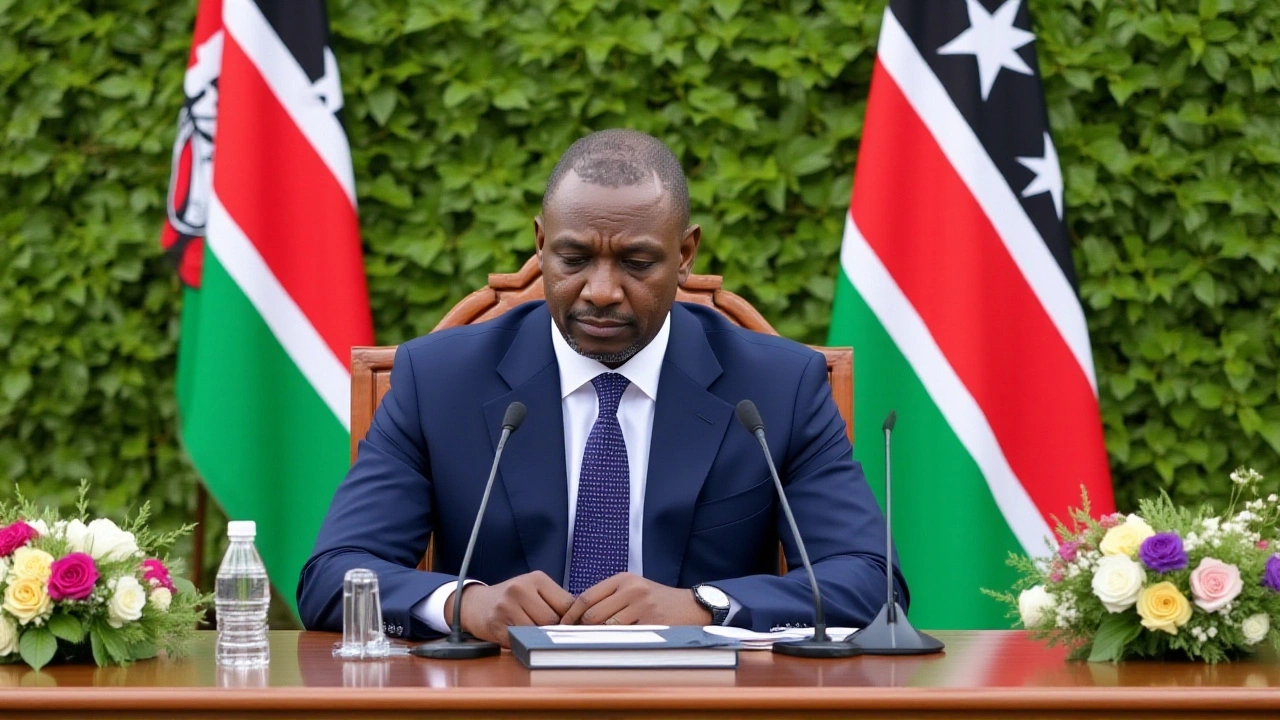World Bank – News, Analysis & Impact on Africa
When you look at World Bank, the global development institution that offers loans, grants, and technical expertise to help countries reduce poverty and boost shared prosperity. Also known as World Bank Group, it serves as a major source of funding for public‑sector projects worldwide.
The World Bank operates through two main arms – the International Bank for Reconstruction and Development (IBRD) and the International Development Association (IDA). IBRD lends to middle‑income nations at market‑based rates, while IDA provides concessional financing to the world’s poorest countries. In Africa, these arms fund everything from school construction to clean‑energy pilots, shaping the continent’s growth trajectory and lifting millions out of poverty.
Partnering with the International Monetary Fund, a global financial watchdog that offers short‑term balance‑of‑payments assistance and policy advice, the World Bank coordinates long‑term development plans with short‑term macro‑economic stabilization. Joint initiatives, such as the Poverty Reduction and Growth Trust, blend the IMF’s fiscal guidance with the World Bank’s project‑level financing, helping African nations navigate debt challenges while still investing in growth‑generating sectors.
At the heart of these efforts lies African development, the collective push to improve health, education, infrastructure, and economic opportunity across the continent. The World Bank’s country strategies map out priority sectors – agriculture, digital inclusion, and renewable energy – and align donor resources with national development plans. By embedding local ownership into project design, the Bank ensures that the benefits of each dollar flow directly to communities that need them most.
Climate finance has become a non‑negotiable pillar of the Bank’s agenda. It channels billions into solar farms, climate‑resilient irrigation, and early‑warning systems that protect vulnerable populations from extreme weather. These investments not only cut emissions but also create jobs and attract private capital, turning climate action into an engine of inclusive growth for African economies.
Another critical focus is infrastructure financing, the provision of funds for transport, water, energy, and digital networks that underpin economic activity. The Bank’s guarantees and blended‑finance structures unlock private‑sector participation in megaprojects such as railway corridors, port upgrades, and broadband expansion. By reducing perceived risk, these mechanisms accelerate project delivery and expand market access for African businesses.
Below you’ll find a curated collection of stories that illustrate how the World Bank’s policies and projects intersect with sports, finance, governance, and everyday life across the continent. Whether you’re tracking new loan agreements, analyzing climate‑finance trends, or examining the Bank’s role in shaping regulatory environments, the articles ahead give you a front‑row seat to the forces reshaping Africa’s future.
Kenya Launches KSh20 Billion NYOTA Program to Transform 820,000 Youth
Kenya's NYOTA program, backed by the World Bank and announced by President William Ruto, will invest KSh20 billion to empower 820,000 vulnerable youth through grants, training and savings incentives.
